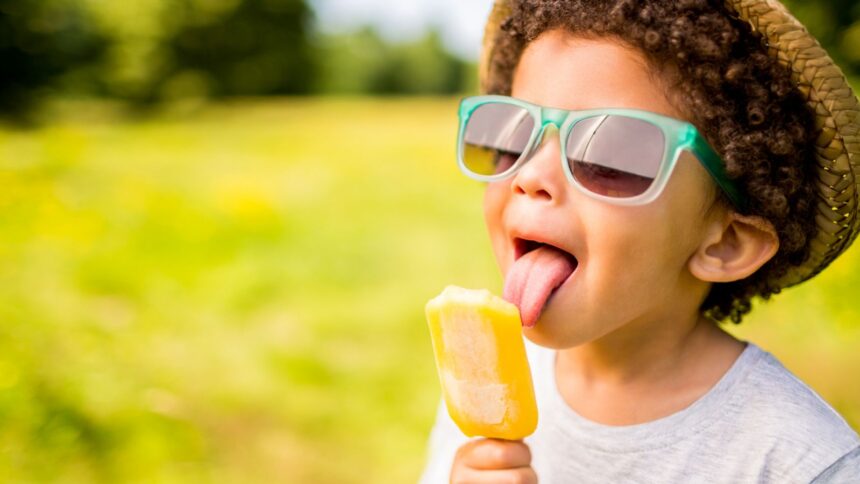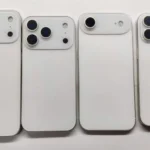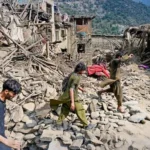Four leading scientific organisations have recommended that the government incorporate a range of “essential experiences” into programs for children aged three to eleven, in addition to activities like playing with shadows, digging in the dirt, going to garden centres, recycling, and picking up musical instruments.
In an effort to lessen disparities in science, technology, engineering, and mathematics (STEM) education, the Royal Society of Chemistry, the Institute of Physics, the Royal Society of Biology, and the Association for Science Education have released recommendations for changing the primary school curriculum.
According to the report, children who have had little first-hand experiences are “undeniably at a disadvantage”.
The statement read as follows: “This is a basic equity issue, and giving kids rich, necessary experiences will help with it—especially in the early and lower elementary years.
“These concrete experiences form a basis from which children can draw evidence for their ideas, making children ready for the more abstract learning they will encounter at secondary school.”
One of the suggestions for chemistry is that by the age of eleven, all students should begin to comprehend how temperature works and how heating and cooling may change things, according to Aylin Ozkan, a teacher and education policy specialist at the Royal Society of Chemistry. An ice lolly is the ideal item for a teacher to use to assist demonstrate this.







